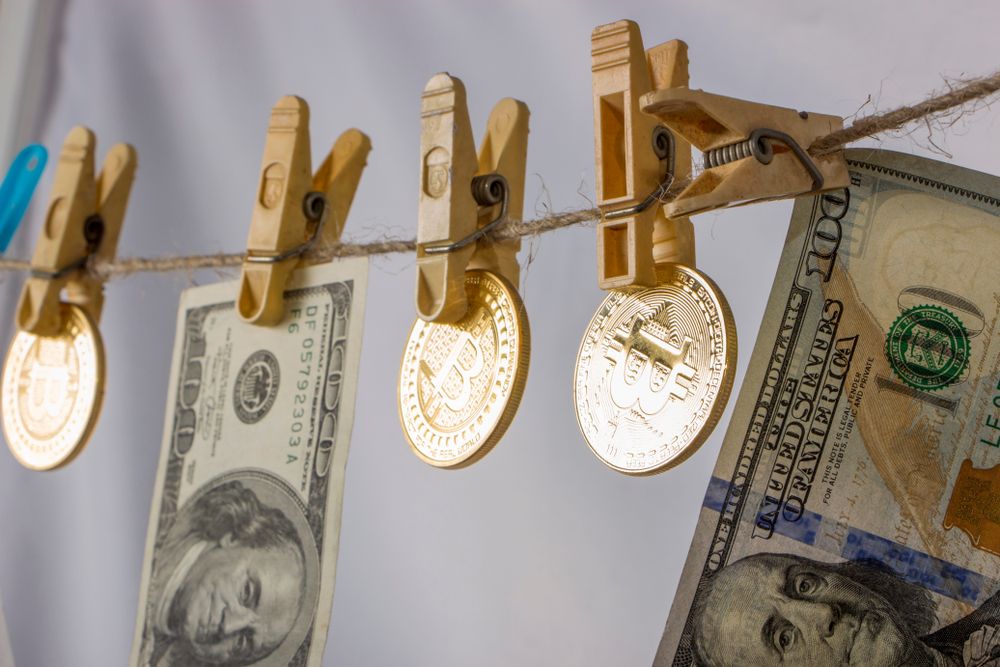A press release by U.S. Department of Justice published July 16, 2019, has revealed that a former Microsoft employee has been charged with mail fraud for plotting to steal $10 million in digital currency from the company.
The Microsoft engineer, Volodymyr Kvashuk, reportedly stole ‘currency stored value’ such as gift cards and resold them to third parties. He used a Bitcoin mixing service to hide the source of the funds.
Software Engineer Exploited “Testing Access” at Microsoft
Kvashuk, a 25-year-old Ukranian citizen living in Washington, was arrested on Tuesday, July 16. Kvashuk worked as a contractor for Microsoft and later joined as an employee in August 2016. At Microsoft, he was given “testing access” to the company’s online retail sales platform. According to the DoJ’s release, he exploited this access to steal “currency stored value” (CSV) such as gift cards. Within seven months, he was able to liquidate and transfer over $2.8 million dollars into his bank account. The former Microsoft employee used test accounts intended to simulate customer purchases. He then resold these stolen CSVs on third party websites. While he initially attempted to steal smaller amounts of about $10,000 with his own account, the amount quickly rose to millions of dollars once he figured out how he could also use accounts associated with other employees to mask his trail. Microsoft investigators confronted Kvashuk regarding the thefts in May 2018, after which he was fired from the company in June 2018.Used Bitcoin Mixer Service to Hide Money Trail
The press release described Kvashuk as a knowledgeable software developer. He used a Bitcoin mixing service to hide the source of the money coming into his bank account and clear the digital trail that would link him to the fraud. A Bitcoin mixing service works by accepting deposits from a number of sources, combining them, and ultimately, distributing the tokens again to different destination addresses. Cryptocurrency mixer operators generally charge a fee for this service as well. Earlier this year, a $200 million cryptocurrency mixing operation was busted by European authorities. Kvashuk used the stolen money to buy a $160,000 Tesla vehicle and a $1.6 million lakefront home. He is currently being detained in Seattle until July 19, where he made his first appearance in the District Court. If found guilty of mail fraud, Kvashuk could face up to 20 years in prison and a $250,000 fine. Do you believe that privacy-oriented cryptocurrency mixers are being increasingly used to commit financial fraud and theft? Let us know your thoughts in the comments below.Image courtesy of Shutterstock.
Disclaimer
In adherence to the Trust Project guidelines, BeInCrypto is committed to unbiased, transparent reporting. This news article aims to provide accurate, timely information. However, readers are advised to verify facts independently and consult with a professional before making any decisions based on this content. Please note that our Terms and Conditions, Privacy Policy, and Disclaimers have been updated.

Rahul Nambiampurath
Rahul Nambiampurath's cryptocurrency journey first began in 2014 when he stumbled upon Satoshi's Bitcoin whitepaper. With a bachelor's degree in Commerce and an MBA in Finance from Sikkim Manipal University, he was among the few that first recognized the sheer untapped potential of decentralized technologies. Since then, he has helped DeFi platforms like Balancer and Sidus Heroes — a web3 metaverse — as well as CEXs like Bitso (Mexico's biggest) and Overbit to reach new heights with his...
Rahul Nambiampurath's cryptocurrency journey first began in 2014 when he stumbled upon Satoshi's Bitcoin whitepaper. With a bachelor's degree in Commerce and an MBA in Finance from Sikkim Manipal University, he was among the few that first recognized the sheer untapped potential of decentralized technologies. Since then, he has helped DeFi platforms like Balancer and Sidus Heroes — a web3 metaverse — as well as CEXs like Bitso (Mexico's biggest) and Overbit to reach new heights with his...
READ FULL BIO
Sponsored
Sponsored



